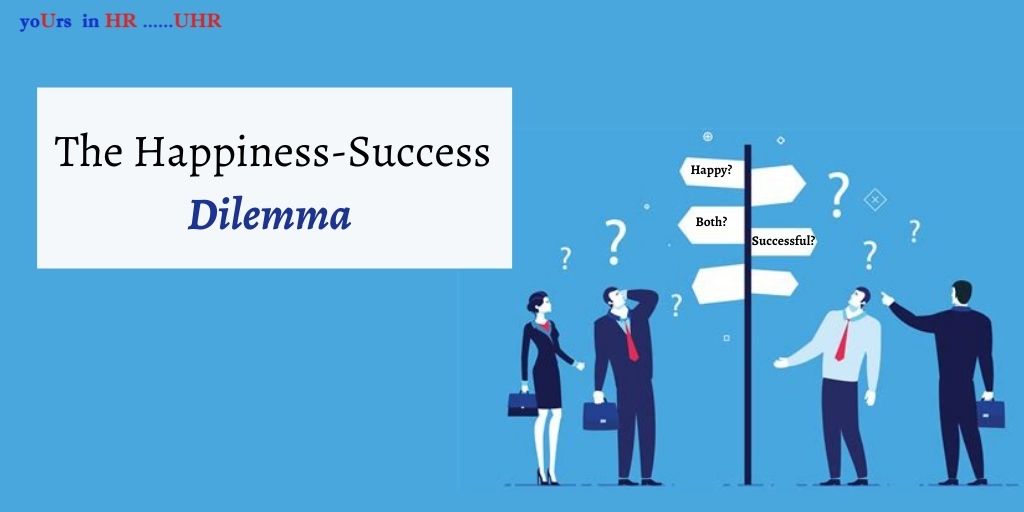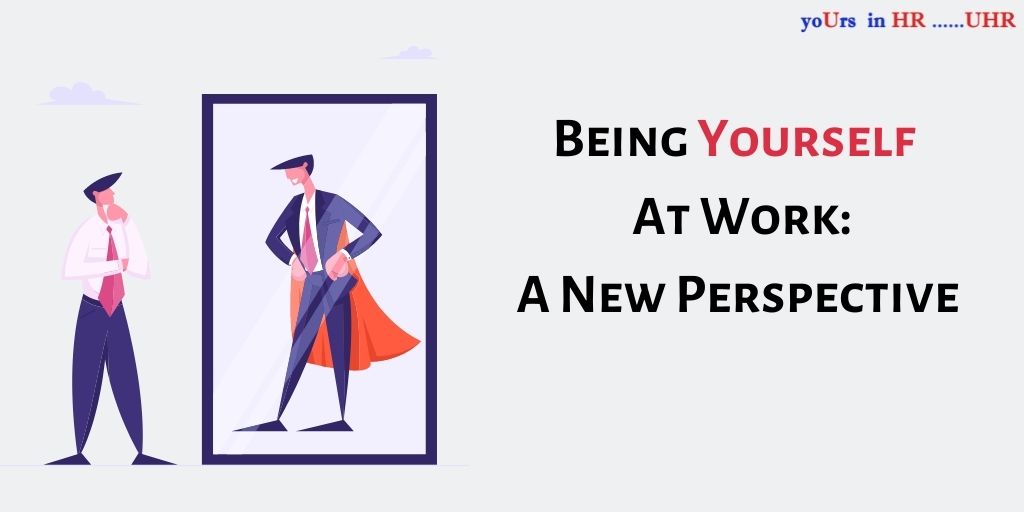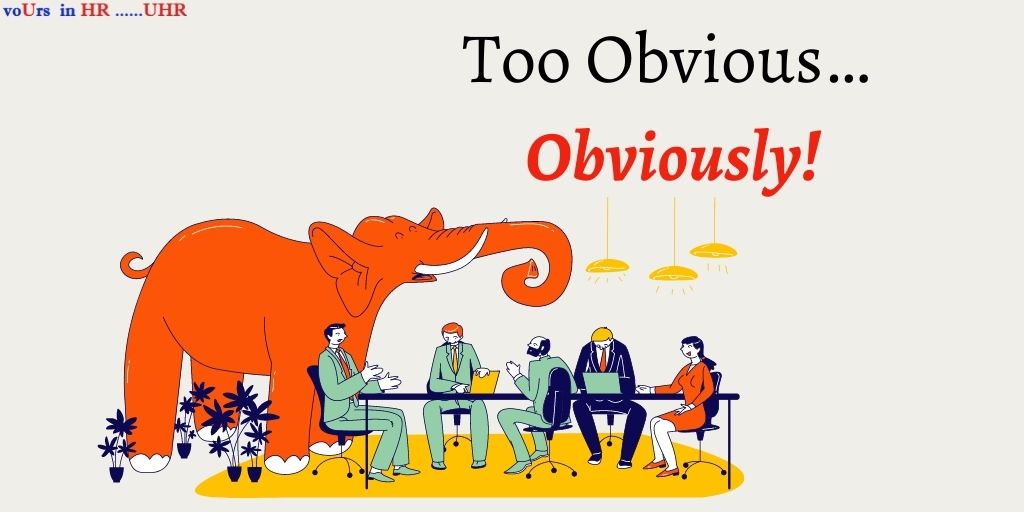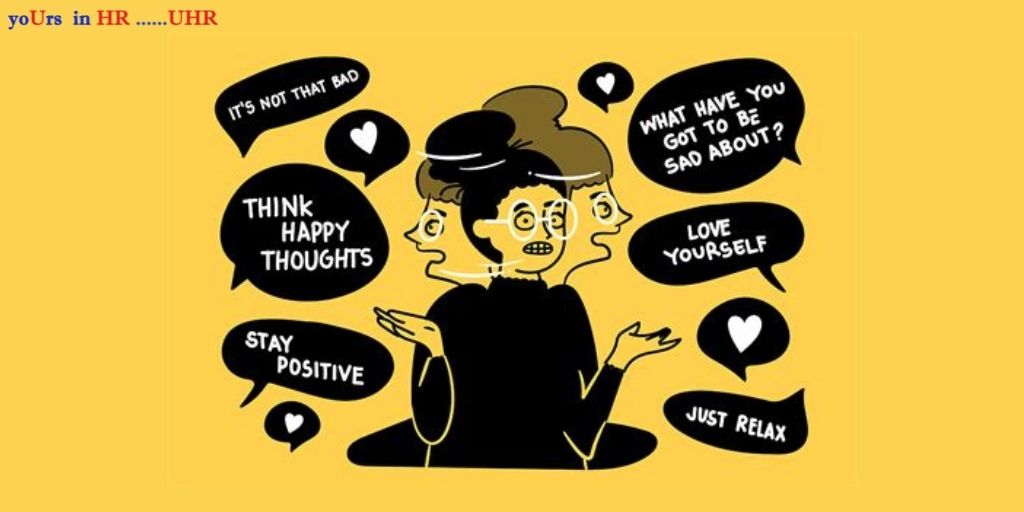
Does happiness follow success, or being a happy person generally is automatically likely to help you succeed? This is a classic question that we must have asked ourselves at some point.
There are countless stories which tell how being successful doesn’t always lead to happiness, and how lonely it can get at the top.
On the other hand, there are countless jokes telling us how one would much rather be crying in an expensive car than on a bicycle. Such jokes though lead to another conversation about whether success can only be measured materialistically, but we shall take a look at it later.
In terms of being a professional- how do we think about these questions? Research cited by an article by Fast Company gives us a sense of where we can begin answering this from. Conducted in the defence sector of the US, the researchers followed the employees from various job functions for five years. The employees were measured for their relative happiness and optimism from time to time using various psychological tools and questionnaires. The results were compared with the number of employee awards they got. What were the findings, and how are they relevant to the workplace in general? Let us have a look.
The Findings:
The research concluded that ‘those with the highest positive well-being affects had almost four times the number of award recognitions as those in the group with the lowest well-being scores.’ Moreover, they also found that ‘people who could be considered unhappy compared to their peers still earned awards for performance, but they earned them at a lower rate than people who were happy overall.’
Perhaps, it is not about being happy but more about being optimistic?
In a nutshell, the research indicated that generally optimistic people performed their jobs well. The article goes on to say how the employers thus should try to assess the levels of optimism and happiness of their employees from time to time, and try to keep the environment in the workplace as conducive to optimism as possible. Of course, as we have talked about in one of our earlier articles, optimism doesn’t mean ‘toxic positivity’ but rather a never-give-up attitude.
Research and jargon aside, a common-sense understanding tells us– as is mentioned in an article on Medium— that whether it is a client, a senior or a colleague, anyone would prefer to interact with someone who is optimistic, and thus solution-oriented. Skills, qualifications, competence might be at a similar level, but one would much rather have an interaction with someone who is a pleasant person. And hence perhaps that is why success might follow happiness automatically?
Another Perspective:
This is a topic that can never be researched enough and we have one more nuance added to this. Earlier in the article we mentioned if success can only be measured in materialistic terms. Another perspective is that success and happiness can be better connected for us when we change the definition of success according to our values.
Many a times, we measure our ‘success’ by definitions given by other people, other people whose lives and careers are very different than ours and end up feeling bad about ourselves.
So, perhaps, before we think if happiness follows success or if being happy automatically makes us successful, we should first define what success means to us. As the above cited research puts it:
- Barbara Bush defined success as how you treat others, from family to strangers.
- Albert Schweitzer defined success as loving what you do.
- Zappos CEO Tony Hsieh says success is all about living in accordance with your values.
- Author Maya Angelou believed success is about enjoying your work.
- Billionaire Richard Branson believes success is about engagement.
And then perhaps, we shall be better able to align our happiness and success in a better way?
Conversations and research about success and happiness go on. One has to anyway work towards being successful, whatever their definition and context of success might be, and perhaps one might as well do it happily and optimistically. What are your thoughts about this dilemma, and what is your definition of success and happiness? Do let us know in the comments!





